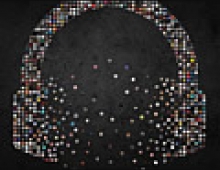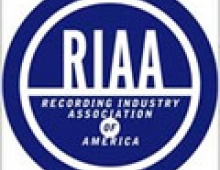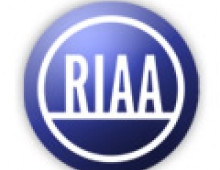
23 Students at Drexel University sued by RIAA
The lawsuits are in response to an emerging culture of high-tech theft on college campuses.
The RIAA has filed suits against a total of 405 students in 18 universities nationwide. This time, the industry's watchdog is targeting the Abilene network, commonly referred to as the "i2hub," run by the organization Internet2. Although Internet2 markets Abiline as "advanced networking for leading edge research and education," Associate Vice President of Information Resources and Technology Ken Blackney warns that the "i2hub" is just another peer-to-peer sharing program that can be used for either academic or illegal purposes."
"Really, the issue here is not the 'i2hub' or any other filesharing program [like KaZaa or Direct Connect]," Blackney said.
"The program itself is not illegal, but some users are using it illegally. The RIAA is filing suit because some users of 'i2hub' are using the program to violate the copyrights of RIAA members."
For many years, the industry had been targeting peer-to-peer networks such as KaZaa and Morpheus until late 2000 when it won suit against Napster on the grounds that the company had been harboring files on their own servers without copyright licenses.
"As an academic institution, we would like to have open networks to facilitate research and growth of knowledge," Associate General Counsel Laure Ergin told The Triangle. "However, like any tool, it can be misused or abused and most of the students subpoenaed realize that they made a mistake."
"This next generation of the Internet is an extraordinarily exciting tool for researchers, technologists and many others with valuable legitimate uses," RIAA President Cary Sherman said.
"Yet, we cannot let this high-speed network become a zone of lawlessness where the normal rules don't apply. By taking this initial action, we are putting students and administrators everywhere on notice that there are consequences for unlawful uses of this special network."
"Really, the issue here is not the 'i2hub' or any other filesharing program [like KaZaa or Direct Connect]," Blackney said.
"The program itself is not illegal, but some users are using it illegally. The RIAA is filing suit because some users of 'i2hub' are using the program to violate the copyrights of RIAA members."
For many years, the industry had been targeting peer-to-peer networks such as KaZaa and Morpheus until late 2000 when it won suit against Napster on the grounds that the company had been harboring files on their own servers without copyright licenses.
"As an academic institution, we would like to have open networks to facilitate research and growth of knowledge," Associate General Counsel Laure Ergin told The Triangle. "However, like any tool, it can be misused or abused and most of the students subpoenaed realize that they made a mistake."
"This next generation of the Internet is an extraordinarily exciting tool for researchers, technologists and many others with valuable legitimate uses," RIAA President Cary Sherman said.
"Yet, we cannot let this high-speed network become a zone of lawlessness where the normal rules don't apply. By taking this initial action, we are putting students and administrators everywhere on notice that there are consequences for unlawful uses of this special network."




















